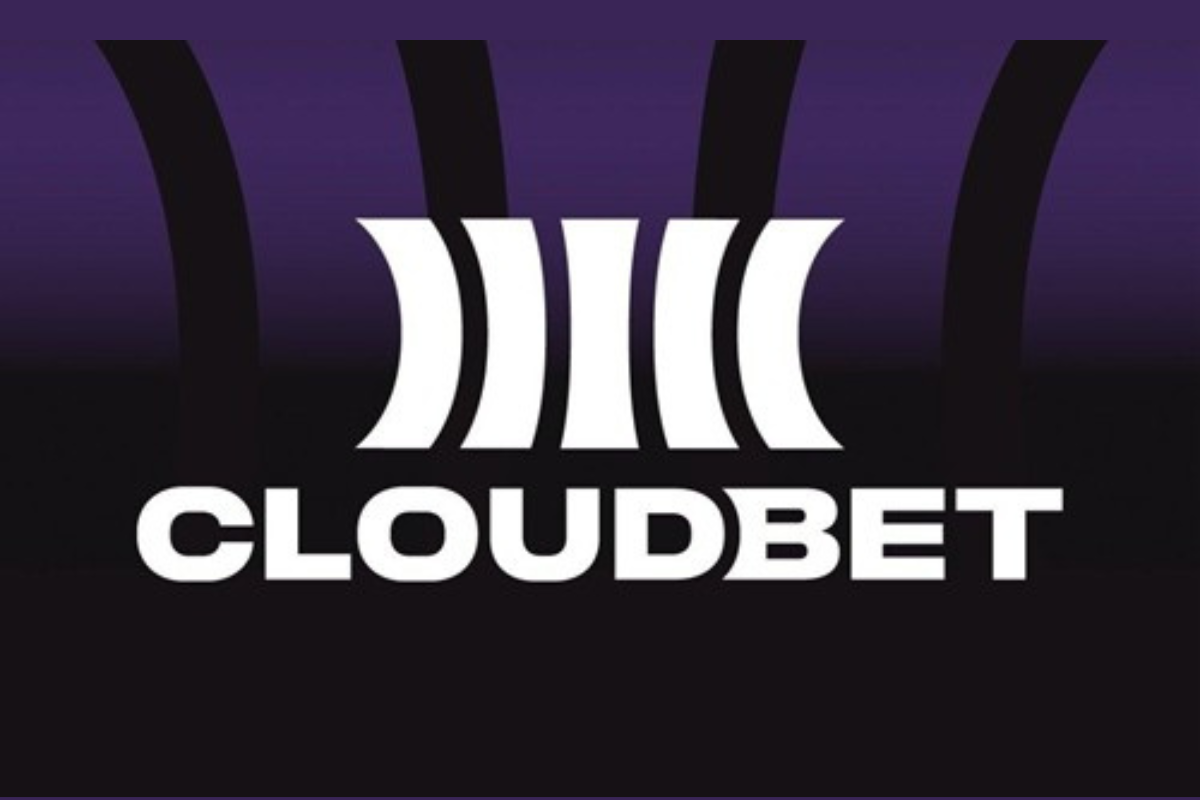News
Realistic Games Is Feline Fine With Duplicats

New slots title released to operator network
Award-winning casino content provider Realistic Games is offering roaring wins in its latest network release Duplicats.
With a unique ‘morphing cats’ bonus feature that can offer a top prize of up to 200x starting stake, Duplicats is a video slot purr-fect for casual and experienced players alike.
Built utilising HTML5 technology and playable across mobile, tablet and desktop, this 5-reel, 10-line slot offers players a simple, low volatile experience.
Landing four cat symbols triggers the anticipation spin and landing the fifth cat activates the bonus feature. Simply stop on one of the five cats and watch the rest morph into a five-of-a-kind win. Lions are king of this slot and offer the highest prize as well as being wild for all other cats.
Robert Lee, Realistic Games’ Commercial Director, said: “Duplicats is a fantastic edition to our games portfolio offering the player a simple but enjoyable low volatile game.
“With a top prize of 200x starting stake, players will see the top prize awarded on a more frequent basis, ensuring players remain engaged in this easy to play slot.”
To see demos of Duplicats, click here
-

 Asia1 day ago
Asia1 day agoDigital gaming disruption tackled in 1st AsPac Regulators’ Forum
-

 Latest News4 days ago
Latest News4 days agoCloudbet maps regional betting trends in August–September 2025
-

 Latest News5 days ago
Latest News5 days agoHigh Roller Launches New Online Casino Brand in Finland
-

 Latest News5 days ago
Latest News5 days agoNetBet Denmark expands its casino library by adding SYNOT Games as a provider
-

 Central Europe5 days ago
Central Europe5 days agoPromatic Games and SYNOT Interactive Announce Strategic Partnership to Strengthen iGaming Expansion in Central and Eastern Europe
-

 Asia4 days ago
Asia4 days agoPAGCOR chief pushes for stricter regulation, not online gaming ban
-

 Conferences in Europe4 days ago
Conferences in Europe4 days agoStrategies that Scale: Evoplay’s Alex Malchenko on Cracking the Code of Localised iGaming Success
-

 Conferences in Europe4 days ago
Conferences in Europe4 days agoNew Gamification Academy at SBC Summit to Present Fresh Approaches to Player Engagement

















